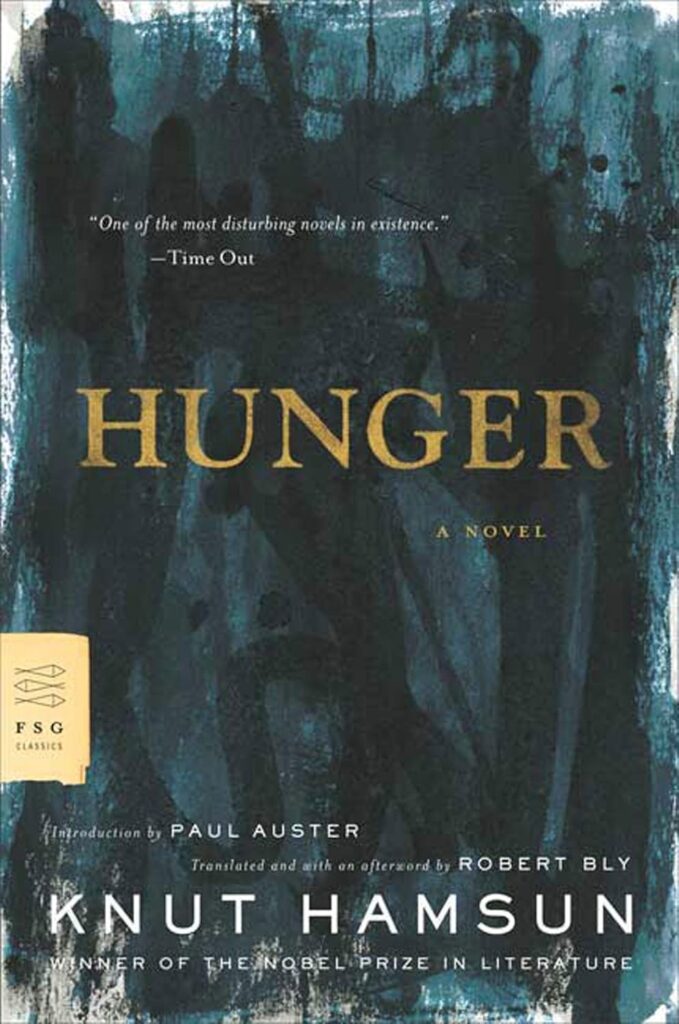 Knut Hamsun, a man whose life seems as complex and conflicted as the protagonist of his seminal work Hunger, once gripped the literary world with a subtle but relentless intensity. Born in Norway in 1859, Hamsun lived through an era of stark contradictions, influencing literature with his pioneering use of psychological realism and stream-of-consciousness narrative. His influence on literary giants is quietly acknowledged, yet his name has somewhat faded into obscurity—a sad irony given how desperately his characters seek recognition.
Knut Hamsun, a man whose life seems as complex and conflicted as the protagonist of his seminal work Hunger, once gripped the literary world with a subtle but relentless intensity. Born in Norway in 1859, Hamsun lived through an era of stark contradictions, influencing literature with his pioneering use of psychological realism and stream-of-consciousness narrative. His influence on literary giants is quietly acknowledged, yet his name has somewhat faded into obscurity—a sad irony given how desperately his characters seek recognition.
Hunger, published in 1890, isn’t your typical leisurely stroll through pastoral settings and grand ballrooms. Instead, it’s an anxious, bitter, and darkly humorous plunge into the inner life of an unnamed young writer, wandering the merciless streets of Kristiania (now Oslo). Like any self-respecting literary genius, he’s hungry—not only for food but also for recognition, human connection, and some semblance of dignity. The protagonist’s hunger, both literal and metaphorical, is palpable: “All of this happened while I was walking around starving in Kristiania, that strange city which no one leaves before it has set its mark upon him.”
Hamsun’s style isn’t neat and tidy prose but rather a chaotic reflection of a starving mind, prone to paranoia, euphoria, and a particularly biting wit. The narrative’s frenetic pace mirrors the protagonist’s restless mind: delusions bleed into reality, creating a tension that’s delightfully uncomfortable. The protagonist’s state swings from comedic self-deprecation to outright madness, delivering lines such as, “I began running faster and faster. I thought of nothing, only ran on and on as if I were pursued by something.”
But why, in our comfortably modern existence of Instagram filters and fast-food delivery apps, does this exploration of desperate hunger and existential despair still resonate? Perhaps because, despite our supposed advancements, we remain eternally starved—just differently. Starved for recognition, affirmation, and genuine human connection. The protagonist’s compulsive pride and his ridiculous determination to maintain a facade of respectability, even at the brink of death, is hilariously tragic and relatable.
Throughout the novel, our protagonist encounters various characters—each representing either the cold apathy or the confused kindness of society. Characters flicker briefly in his life, often leaving him more bewildered or worse off. His interaction with the mysterious woman, “Ylajali,” is particularly poignant, showcasing the deep loneliness and the awkward, cringe-worthy vulnerability that accompany the human desire to connect. These interactions underscore Hamsun’s recurring theme: isolation within a crowded society.
Hamsun’s Hunger is no comfortable classic, gently warming on your nightstand. Instead, it’s a sharp jab, a scathing yet humorous critique of modernity, human vanity, and existential desperation. Compared with other narratives of existential angst and societal alienation, Hamsun uniquely captures the uncomfortable humor inherent in absolute despair. While others gently guide you through existential crises with philosophical eloquence, Hamsun shoves you rudely into the chaotic, unfiltered experience.
The novel’s ongoing relevance is captured exquisitely when the protagonist bitterly observes, “What if one should lose one’s mind, become delirious and go stark mad from sheer lack of food?” Today, we might swap food with validation, identity, or purpose, and suddenly the madness doesn’t seem so distant. Hamsun presents us with a raw, grotesque reflection of our own superficial hungers, masked by sleek digital facades.
Is Hunger still widely read? Arguably not. Yet those who stumble upon it tend to recognize its significance, realizing that this tortured man wandering Kristiania’s streets might mirror our own digitally-enhanced yet internally starving selves. In an age obsessed with identity, consumption, and validation, Hamsun’s voice is not only relevant but essential.
With subtle irony and uncomfortable clarity, Hunger forces us to confront the disquieting truth: no amount of success, food, or social media likes ever fully satisfies the gnawing hunger within. In a world overflowing with everything but meaning, perhaps we’re all just wandering aimlessly, waiting for someone—or something—to recognize us and finally feed that ever-present emptiness. It’s funny, in a bleak, existential kind of way. And isn’t that the beauty of literature? It gently (or perhaps cruelly) reminds us that even when we’re comfortably fed, we’re still—perpetually—starving.
Available At


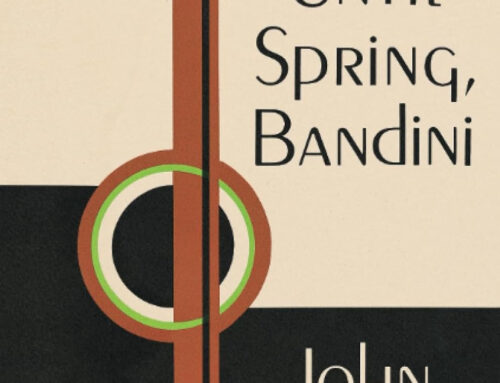
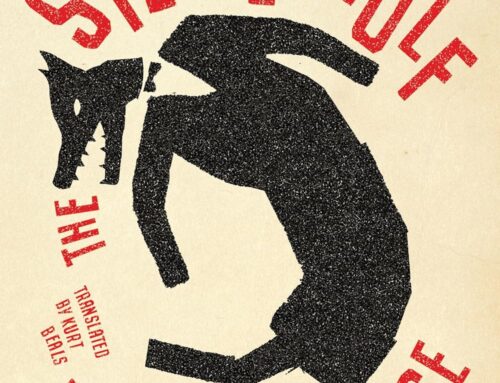
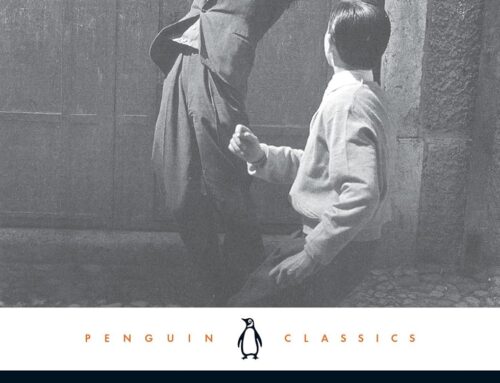
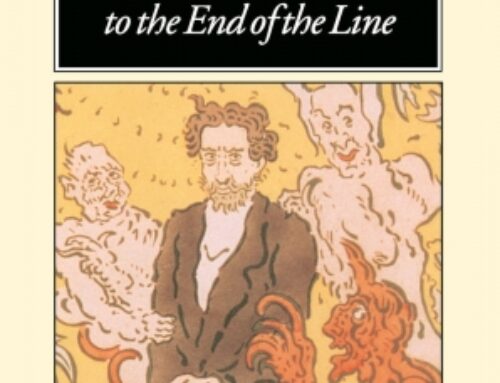

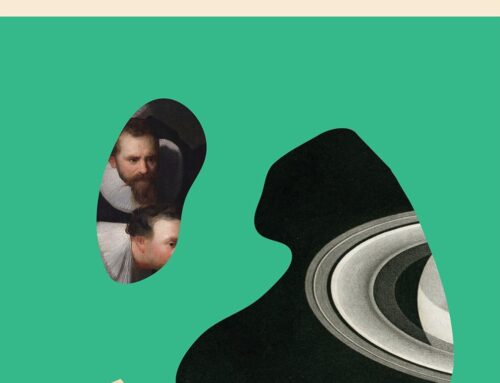


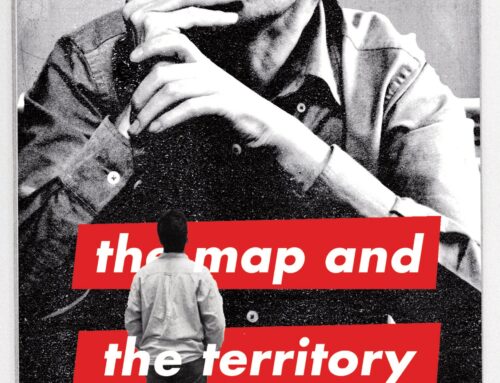
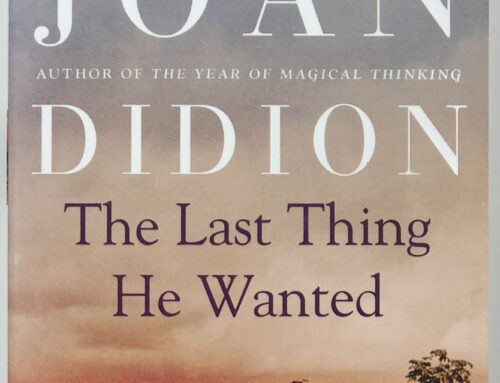
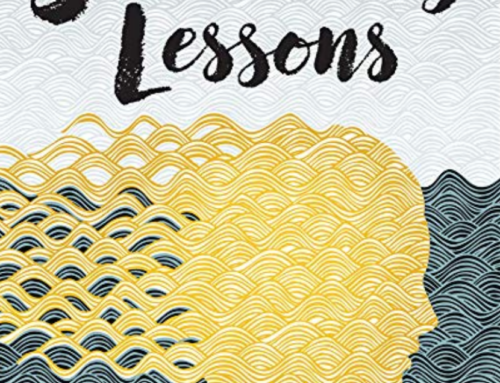
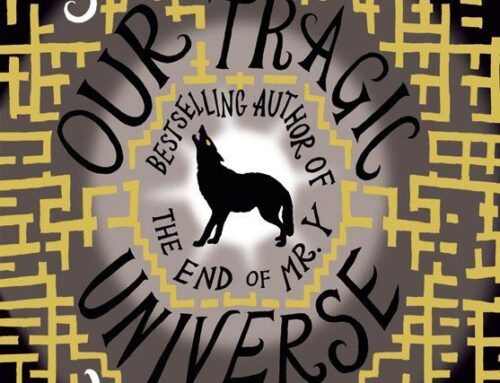
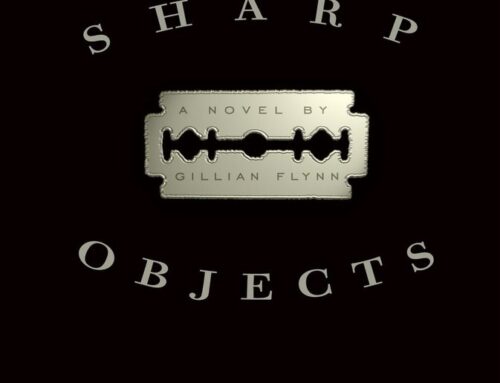
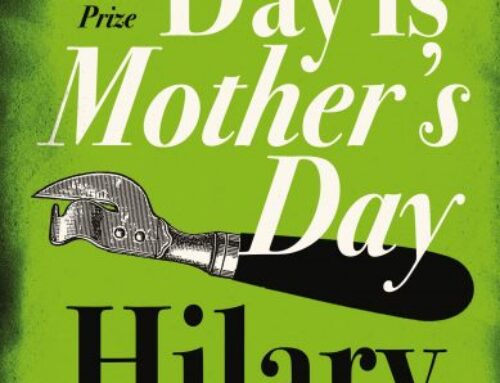

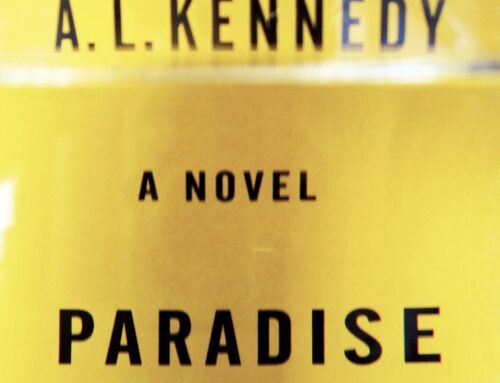
Leave A Comment